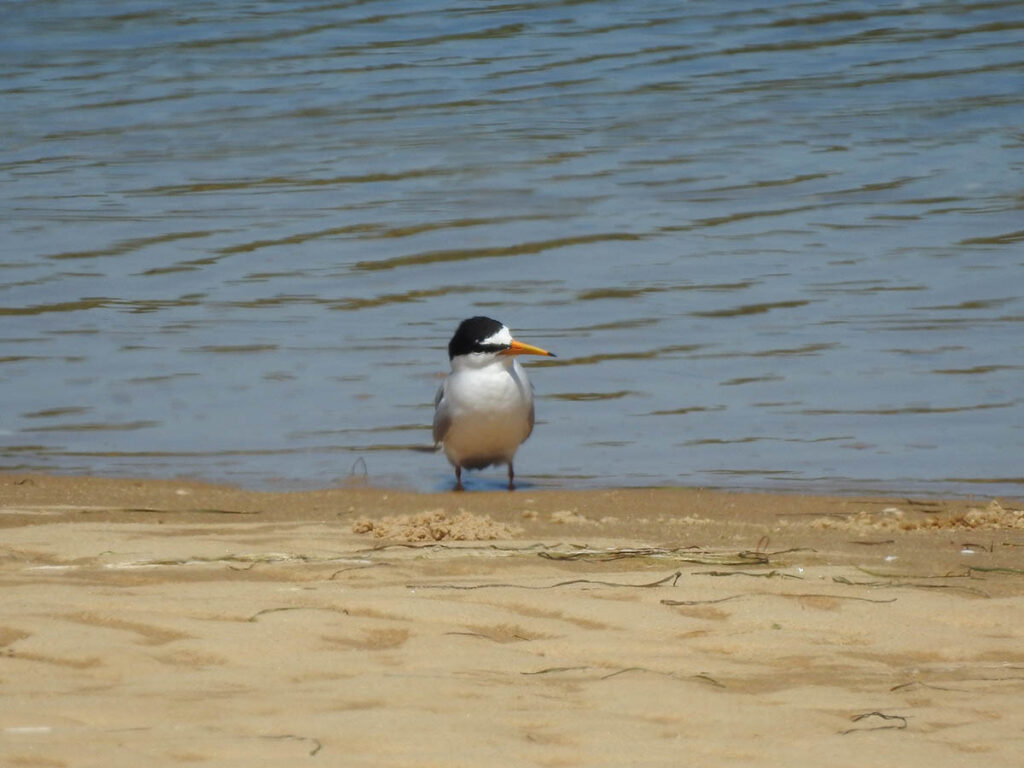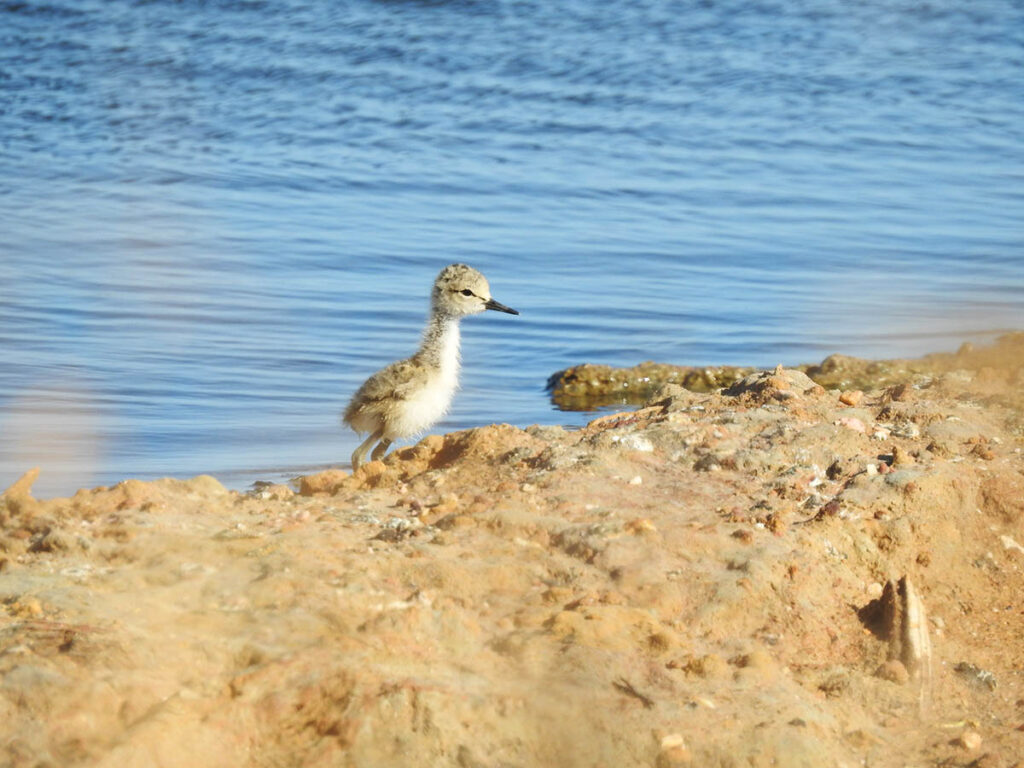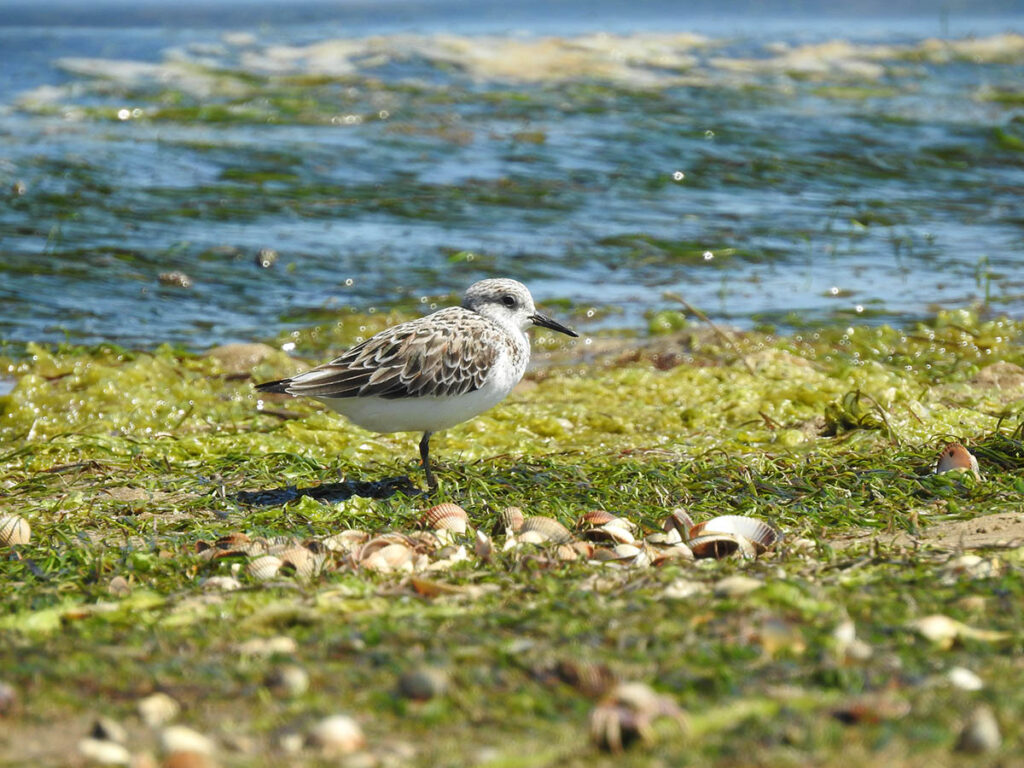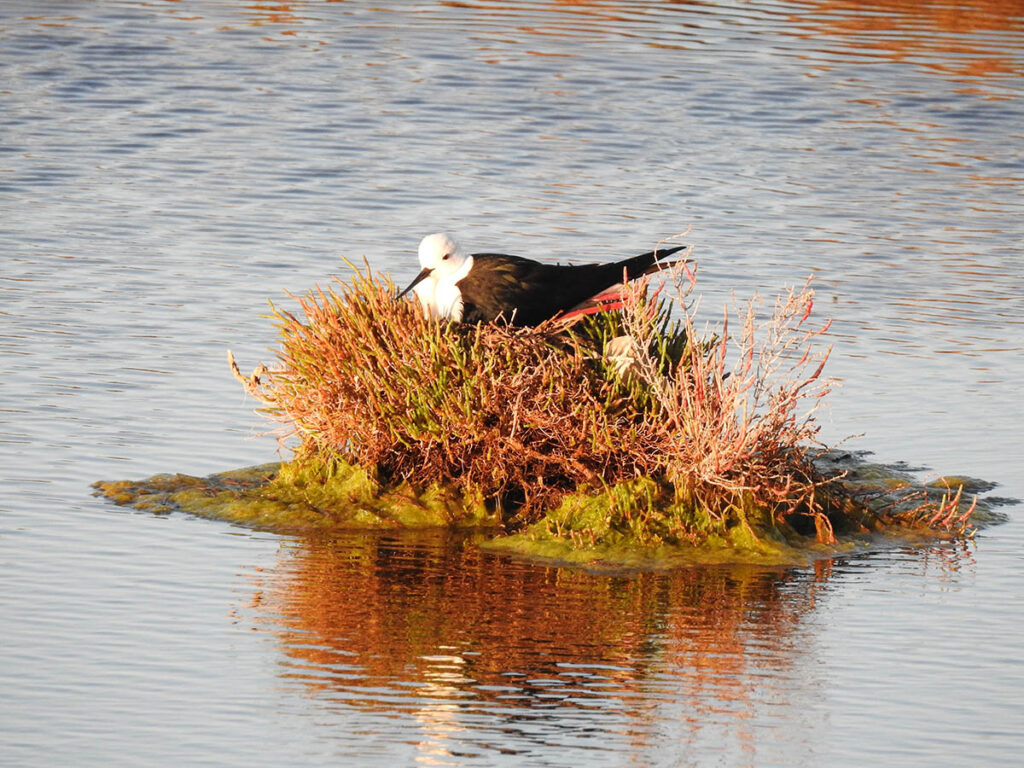This summer, specialists from the LIFE Barreira Islands project will be with telescopes mounted, showing birds such as chirps, spoonbills, herons or hawthorns to those who pass by the Nautical Center of Faro or by Ilha da Culatra. The sessions, which run once a month, are free.
During the mornings of the 12th of June and the 7th of August, the specialists of the LIFE Barrier Islands will be next to the Nautical Center of Faro, while on the 10th of July and 11th of September the telescopes will be mounted in the Culatra.
To participate, just show up at any time between 9:30 am and 12:30 pm to see which birds roam around.
Among the birds that can be seen are the spoonbills, with the huge spoon-shaped beak, which gives them their name; the gray heron, and the tern (or dwarf tern), a species that comes from Africa to breed in the region, and which is often seen flying fish in its beak.

There will certainly also be an opportunity to discover how the various birds that feed by the sea are distinguished, such as the hawthorn, the stilt, the milherango or the black curlew, and also the different seagulls.
Coordinated by the Portuguese Society for the Study of Birds (SPEA) and co-financed by the LIFE program of the European Union, the LIFE Barreira Islands project aims to assess the resilience of the Barreira Islands to climate change.
These islands are an important refuge for some sea birds: Desert Island is the only place in our country where the Audouin's gull nests, and the islands are home to important populations of keeler.
O LIFE Barrier Islands is studying the state of populations of these species, as well as the dynamics between seagulls and dunes, and assessing the need for conservation measures.
The project also works with fishermen to prevent seabirds from being accidentally caught in fishing gear.




















Comments